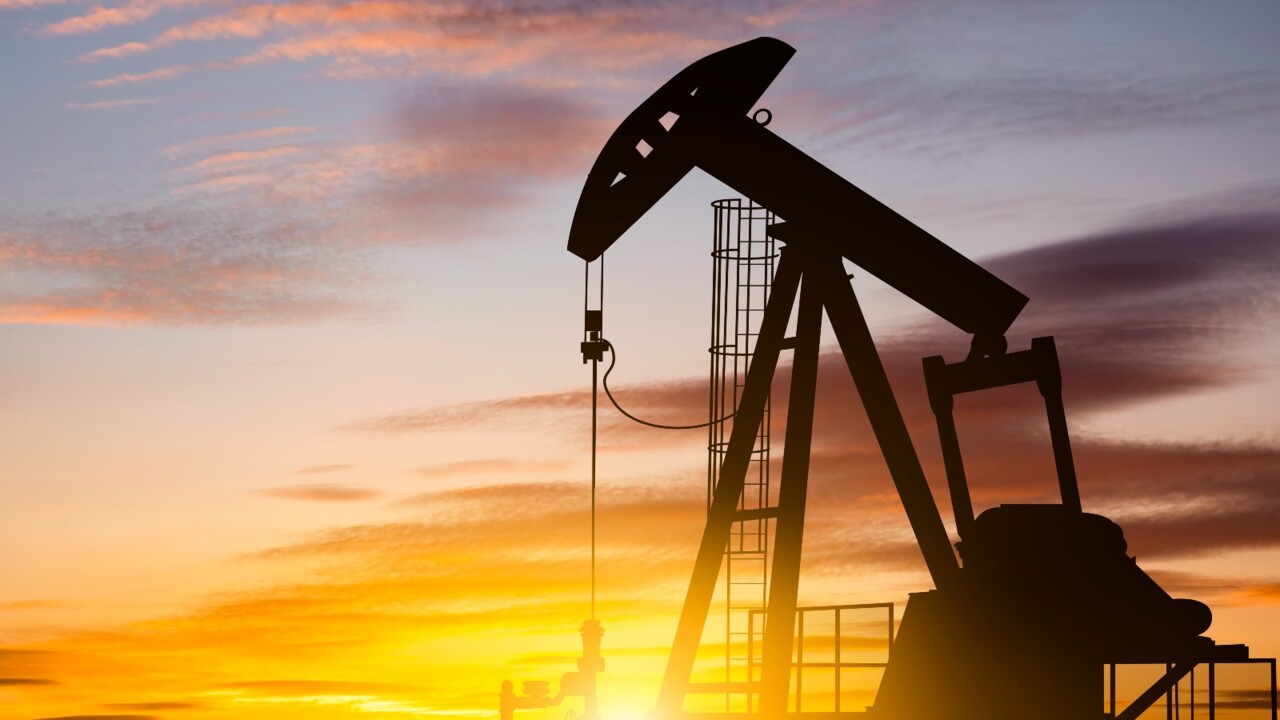Woodside boss Meg O’Neil rejects calls for windfall resources tax as profit triples to $US6.5bn
Chief executive Meg O’Neill rejects suggestions that Australia should introduce a windfall resources tax, saying that the existing tax system is working as it should be.

Woodside Energy CEO Meg O’Neill has hit out at suggestions Australia should introduce a windfall resources tax to curb super profits at oil and gas companies, saying the existing tax system is working as it should.
Record profits at global oil and gas companies – including Shell’s $US40bn profit earlier this month, followed by a $US27.7bn profit from BP last week – have spurred global calls for windfall taxes on companies that have reaped the benefits of high prices after Russia’s invasion of Ukraine a year ago.
Woodside delivered its own record full-year profit on Monday, increasing its final dividend by 37 per cent to $US1.44 a share after annual net profit more than tripled to $US6.5bn ($9.7bn), due to buoyant commodity prices and its acquisition of BHP’s oil and gas operations.
But Ms O’Neill told The Australian the company’s tax payments had also tripled for the year, when its profit from Australian operations had doubled, saying the federal government’s petroleum resource rent tax had captured a portion of the company’s windfall profit as it was supposed to do.
Woodside paid $989m in corporate tax and another $720m in PRRT to the federal government in 2022, up from a total of $333m in 2021 – when the company paid only corporate tax and no PRRT.
Including federal royalties, excise and payroll tax, Woodside’s total payments to state and federal governments quadrupled to $2.7bn, with the company saying its Australian operations paid an effective tax rate of 46 per cent, including all payments to government.
“It’s actually a really good proof point that when market conditions allow us to be profitable, we’re able to return it. And we’re able to invest in a plant like Scarborough that will deliver jobs, tax revenue for decades,” Ms O’Neill said.

The bumper profit result is the first since the company absorbed BHP’s oil and gas division in June, and Ms O’Neill said the company had already delivered the promised $US400m in operating synergies from the merger.
Ms O’Neill said the company’s operations had booked underlying profit after tax of $US5.2bn and operating cash flow of $US8.8bn on revenue of $US16.92bn.
Woodside finished the year with $US571m in net debt and $US6.2bn in cash on hand, with its Scarborough and Pluto expansions now 25 per cent complete.
“Throughout the year we took steps to maximise our exposure to favourable prices, expanding our global marketing presence and increasing trading activities. Our exposure to gas hub pricing for produced LNG sales was 23 per cent,” Ms O’Neill said.
Woodside’s hefty final dividend takes its total to $US2.53 a share for 2022, up 87 per cent from a year earlier.
Woodside shares rose 1.5 per cent to $35.13 in a lower market.
Ms O’Neill told analysts that Woodside had paused any plans to bring new gas from its West Australian operations into the east coast market as a result of the government’s gas price intervention.
“The Bass Strait joint venture for this year only approved a six-month budget because of the uncertainty – it’s very difficult to make investment decisions when there’s this residual uncertainty around the prices that we’ll be able to get for our commodities,” she said.
Ms O’Neill confirmed that discussions over the price caps and intervention were ongoing with the federal government.
“I do feel pretty positive about the quality of the conversation we’re having about their recognition that our business – the Bass Strait business – is selling only to the domestic market, and we’re keen to continue to support that market,” she said.
“We know households and small businesses depend on it.”


